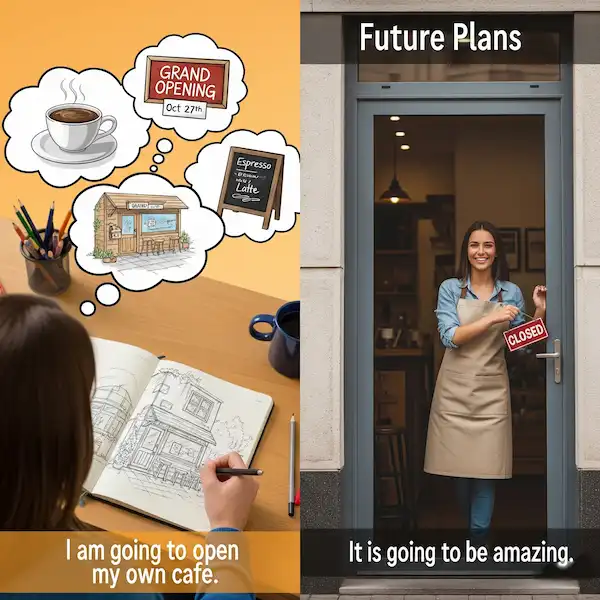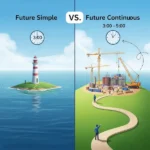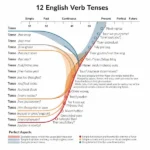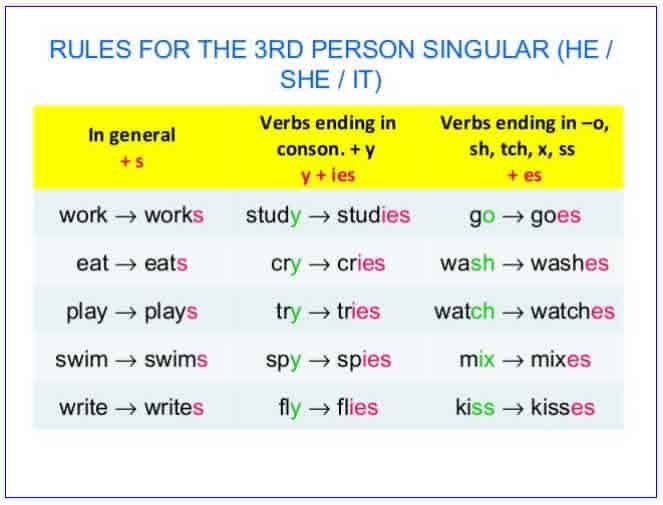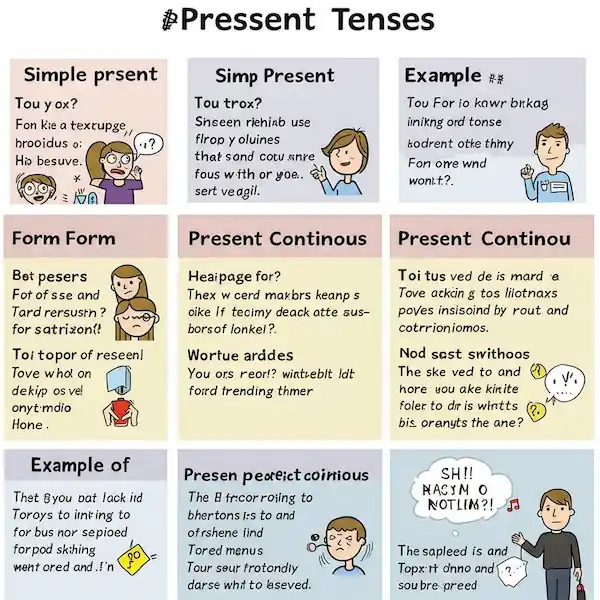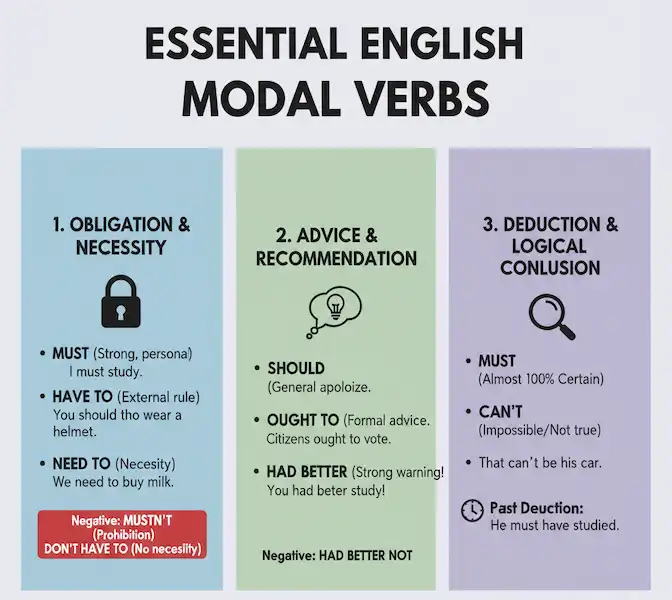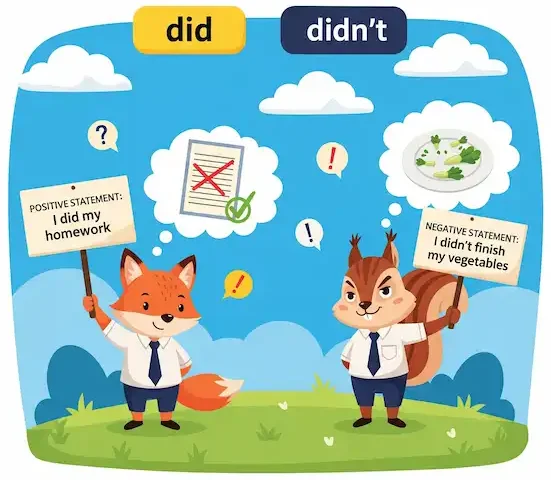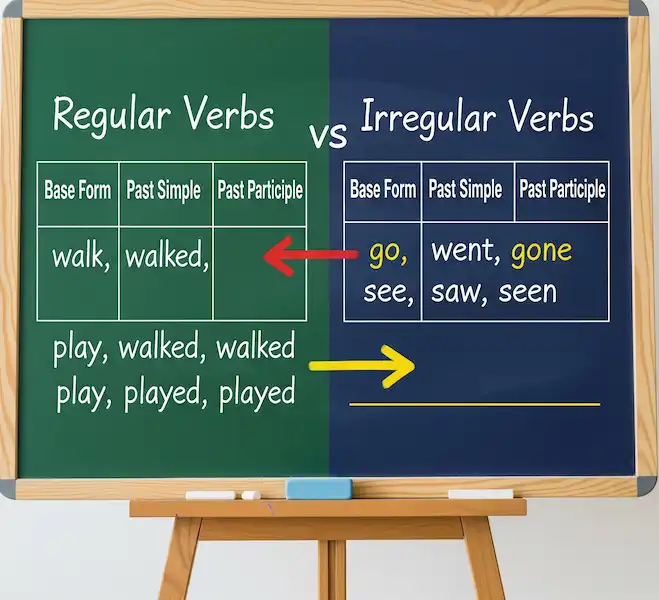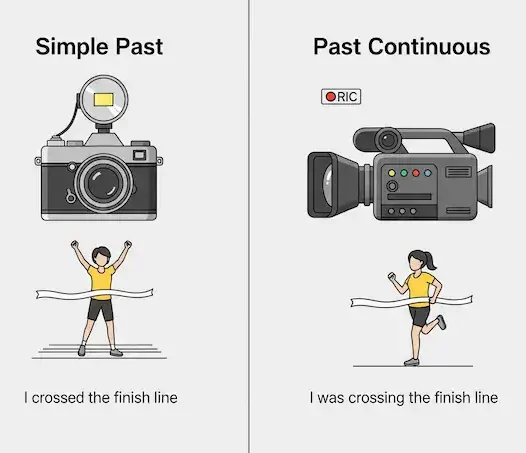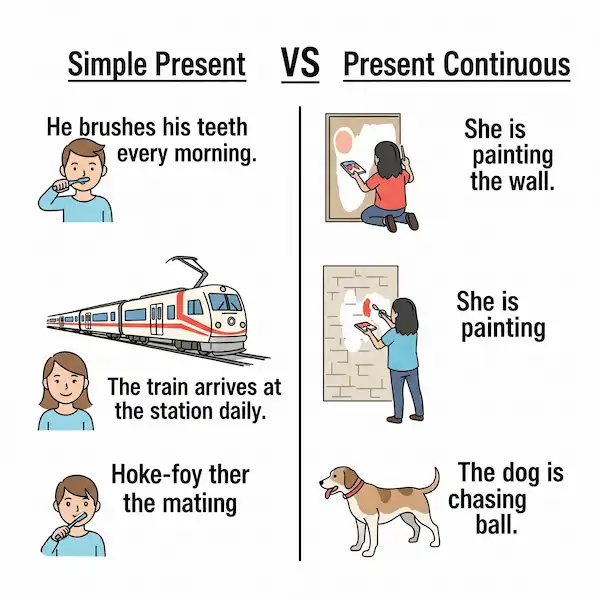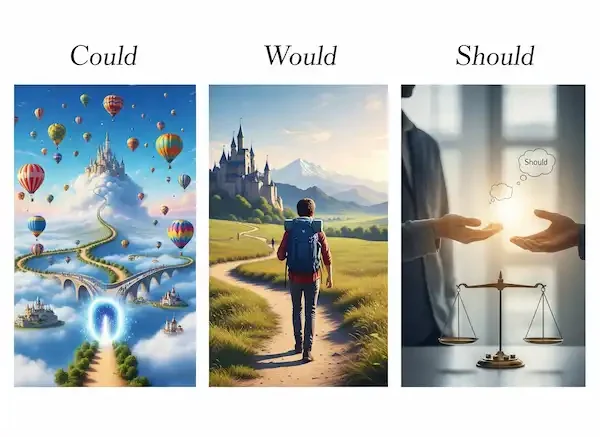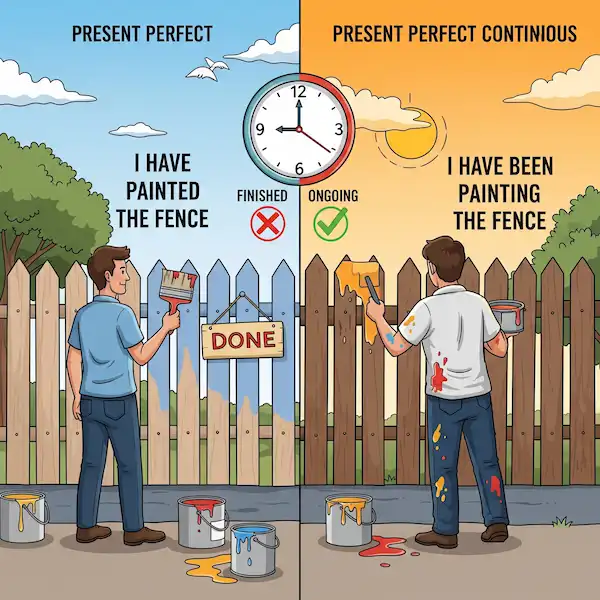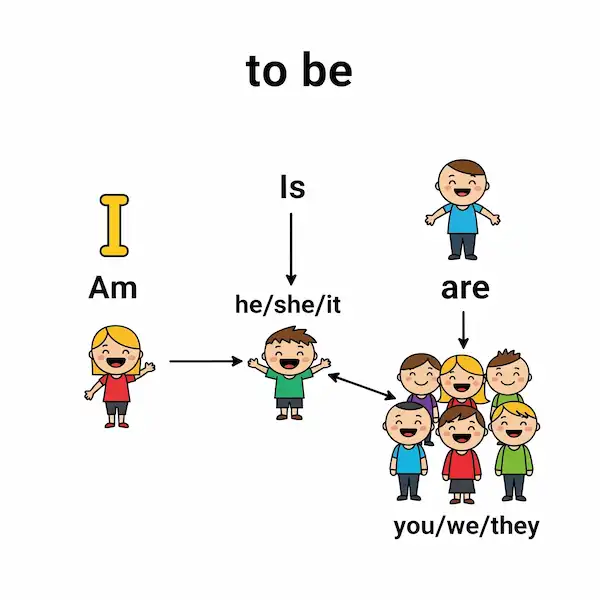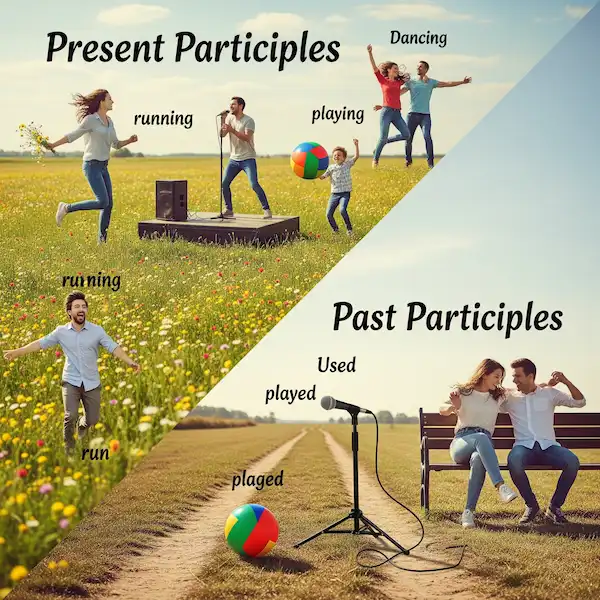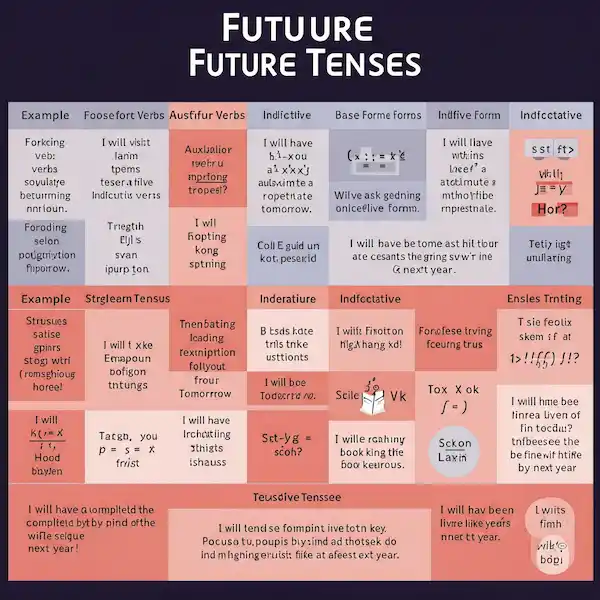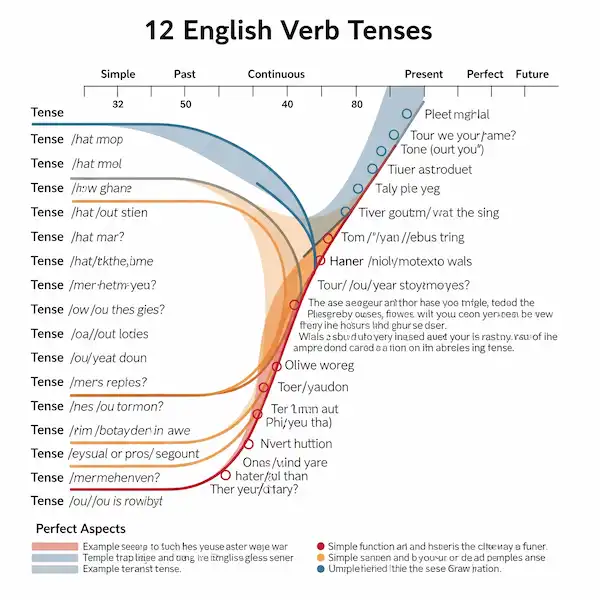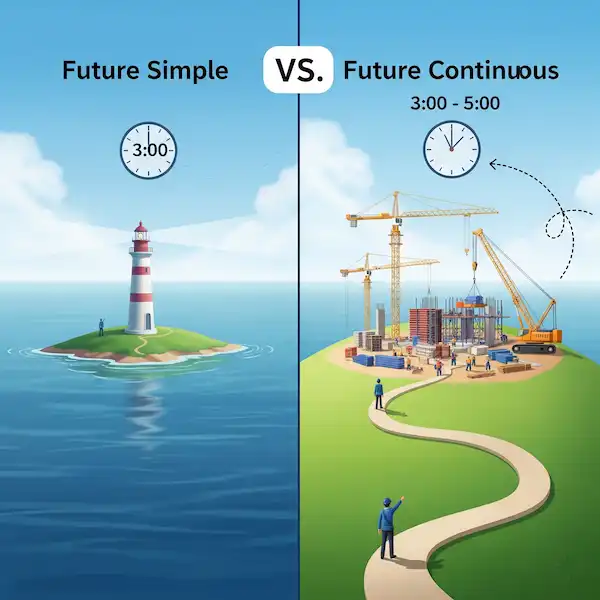Going Somewhere? 🚀 Using ‘Be Going To’ for Future Plans
Hello everyone! 👋 Welcome to another easy English lesson. Today, we’re going to talk about how to use “be going to” when you’re planning to do something in the future. It’s super useful for talking about things you’ve already decided to do.
What is “Be Going To”?
“Be going to” is a structure we use in English to talk about future events that we have already planned or decided on. Think of it as making an intention to do something.
The structure is simple:
Subject + am/is/are + going to + base form of the verb
Here’s a little chart about ‘Be Going To’ to help you:
| Subject | To Be (Present Simple) | Going To | Verb (Base Form) | Example |
| I | am | going to | visit | I am going to visit my friend. |
| You | are | going to | study | You are going to study English. |
| He/She/It | is | going to | eat | She is going to eat lunch soon. |
| We | are | going to | watch | We are going to watch a movie tonight. |
| They | are | going to | travel | They are going to travel next month. |
“Be Going To” vs. “Will”: What’s the Difference? 🤔
Beginner English students often get confused between “be going to” and “will” when talking about the future. Here’s the main difference:
- “Be going to” is usually for plans and intentions you’ve already made before speaking. There’s often a reason or a prior decision behind it.
- “Will” is often used for spontaneous decisions, predictions, or general future facts. You decide to do it at the moment of speaking, or you’re guessing what might happen.
Think of it this way:
- If you’ve already looked at train tickets and decided which one to buy, you would say: “I am going to take the 9 am train.” (It’s a plan!)
- If the phone rings suddenly, you might say: “I will answer it.” (It’s a spontaneous decision!)
More Examples! 🎉
Let’s look at more examples of “be going to” in action:
- “My sister is going to have a baby in December.” (This is a planned event.)
- “We are going to cook dinner together tonight. We bought the ingredients yesterday.” (This was planned.)
- “He is going to learn Khmer next year. He’s already signed up for a course.” (A clear intention and plan.)
- “They are going to build a new school in our village.” (This is a planned project.)
Asking Questions with “Be Going To” ❓
To ask questions with “be going to”, we simply swap the subject and the “am/is/are”:
- Are you going to watch the football match?
- Is she going to visit her parents?
- Are they going to travel to Siem Reap?
- Am I going to finish this lesson on time? 😉
English for Academic and Technical Purposes Corner 🤓
Even in more formal English, like in academic or technical contexts, “be going to” is used for planned future actions, especially when discussing project timelines, research plans, or scheduled events.
- “The research team is going to analyze the data next week.”
- “The company is going to launch the new product in the third quarter.”
- “The students are going to present their findings on Friday.”
It’s important to show that these future actions are not just predictions but are part of a structured plan.
Additional Helpful Content ✨
- Short Forms: Sometimes, in spoken English, “going to” becomes “gonna”: “I’m gonna go home now.” While common in informal speech, it’s best to use “going to” in more formal writing.
- Negative Forms: To make “be going to” negative, just add “not” after “am/is/are”:
- I am not going to go to the party.
- She is not going to eat meat.
- They are not going to play football tomorrow.
Practice Makes Perfect
Here is a PDF worksheet you can download with 25 practice sentences using ‘Be Going To’ for Future Plans. The answers are on a separate page.
Additional Helpful Information
- Read more about future tense – Future Tense – Simple, Continuous and Perfect
- Study about using future tenses to plan your day – Use Future Tenses to Predict Your Day
- Learn how to use Bring, Take and Get – Bring, Take, Get: Easy English!
External Links for Further Learning 🔗
- British Council LearnEnglish: https://learnenglish.britishcouncil.org/grammar/english-grammar-reference/future-forms (Explore different ways to talk about the future)
- Khan Academy English: https://www.khanacademy.org/humanities/grammar/parts-of-speech/verb-tense-mood-voice/v/present-continuous-for-future-arrangements (While focusing on present continuous for future, it often contrasts with other future forms)
Keep practicing using “be going to” in your own sentences, and you’ll become more confident in talking about your future plans! Good luck with your English studies! 👍
